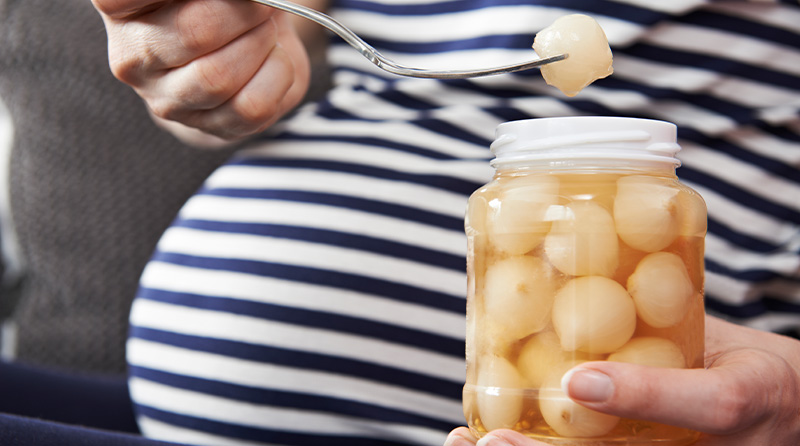For many centuries now, massages have been used to improve health and relieve stress. Pregnancy massage, also known as prenatal massage also has its health benefits.
Multiple kinds of research prove that prenatal massage helps in relaxation and stress and anxiety reduction. Being pregnant, as we know, is not an easy job. It brings in many complications like strains on muscles and ligaments.
Pregnancy massage is usually safe after the first trimester. It not only helps in physical health but also makes you strong psychologically.
It is best to appoint a massage therapist who is certified in prenatal massage. You should check on the qualifications before you finalize the therapist to be doubly sure.

Hormone regulation
Studies done in the past few years have shown that stress and relaxation hormones are positively affected when you undergo massage therapy as a part of your prenatal care. This helps in elevating your mood and also improves the functioning of your heart.
The change in these hormone levels lead to fewer complications during labour and keeps your baby healthy.
Reduction of swelling
Swollen feet is one of the most common issues you may face during pregnancy. Reduced blood circulation during pregnancy generally causes swelling of the joints. Massage helps in reducing the collection of fluids in swollen joints. You can even ask your partner to give you a foot massage daily and your feet would not swell.
Psychological
Approximately 13% of pregnant women go through depression during and post pregnancy which results in lesser connect with their babies. This phase of depression is also a difficult one for you and your loved ones around. If you opt to take regular massages during your pregnancy, prenatal massage may will help reduce depression completely. By the time your baby is born you are likely to avoid all negative postpartum thoughts.

Many other potential benefits of prenatal massage include:
- Increase in blood flow
- Reduced headaches
- Improves labor
- Avoids premature birth
- Flushes out toxins
- Regularizes sleep







































